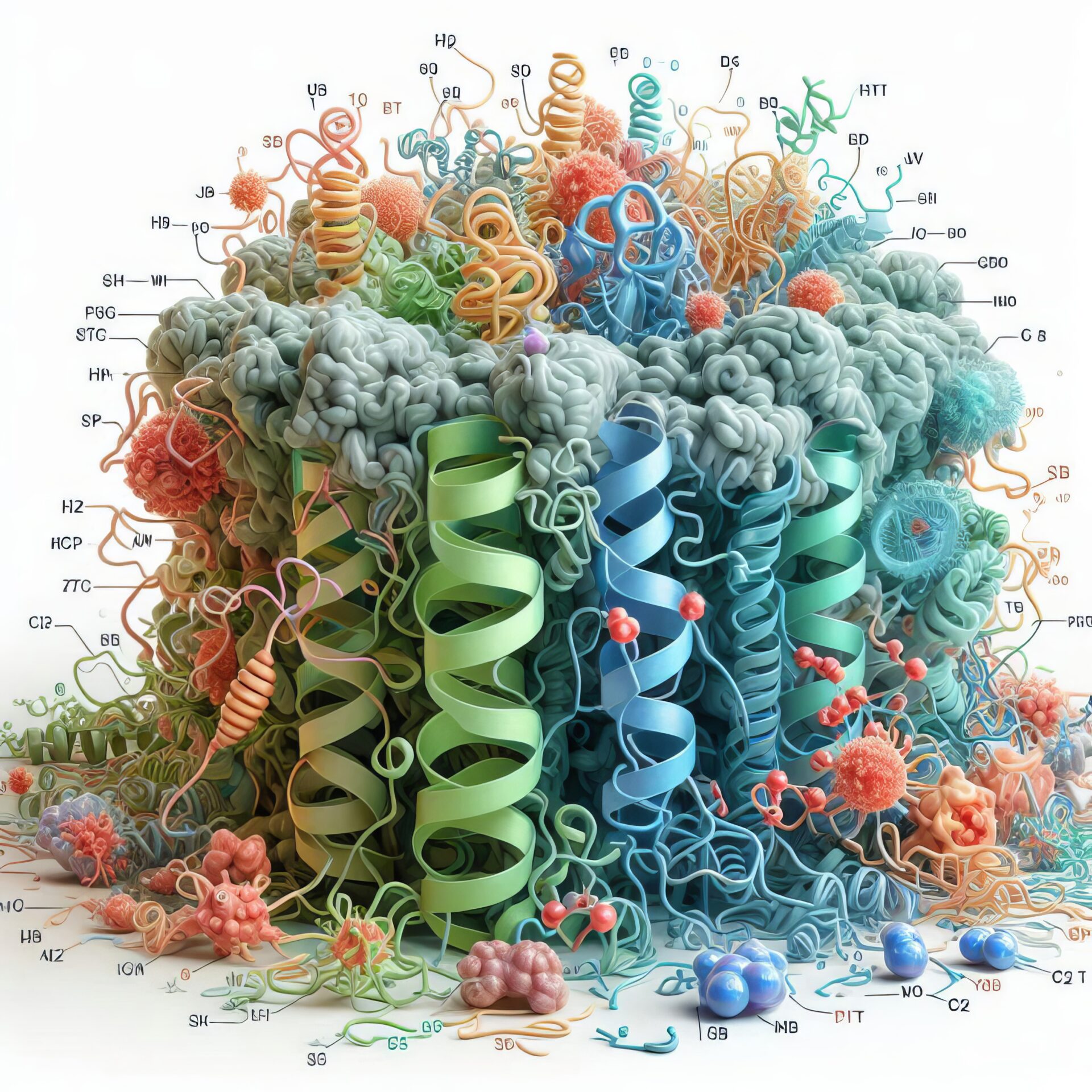Mount Sinai launches KiNet portal for kinase-substrate interaction analysis
New York-based researchers from the Icahn School of Medicine at Mount Sinai have introduced KiNet, an interactive web portal designed to explore kinase-substrate interactions in human cellular systems. The portal, which aggregates data from multiple public databases, aims to provide the scientific community with a comprehensive platform for visualising and studying these interactions in systemwide contexts.
Understanding kinase-substrate interactions
Kinases, enzymes that modify proteins through phosphorylation, play a crucial role in regulating various cellular activities. The phosphorylation process influences protein activity, localisation, and function, ultimately impacting cellular processes such as growth, differentiation, and response to environmental stimuli. Disruptions in these kinase-substrate interactions have been linked to various diseases, making them significant targets
for therapeutic intervention.
Despite the abundance of data on kinases and their substrates, much of this information has been scattered across multiple databases, presenting challenges for researchers attempting to interpret it within the context of cellular systems. KiNet addresses this issue by consolidating data from major databases and offering a user-friendly platform for comprehensive exploration of these interactions.
Advancing drug discovery and systems-level analysis
The KiNet portal’s ability to visualise kinase-substrate interactions within pathways, domain families, and custom protein sets provides researchers with a powerful tool for knowledge discovery. By focusing on systems contexts, such as the network of interactions in signalling pathways, users can gain a more comprehensive understanding of how these important proteins operate.
Gaurav Pandey, PhD, Professor of Genetics and Genomic Sciences at Icahn Mount Sinai and co-senior author of the paper, emphasised the significance of the tool: “Kinases and their substrates are pivotal in cellular signalling pathways, and the ability to visualise these interactions in system-level contexts opens
new avenues for understanding their roles in health and disease. KiNet not only aggregates existing data but also provides an interactive platform that will facilitate drug discovery and systems-level analysis.”
Implications for therapeutic development
The interactive approach to visualising kinase interactions offered by KiNet has the potential to contribute significantly to the development of new therapies. Many current drugs target kinases due to their central role in diseases such as cancer, where abnormal kinase activity drives tumour growth. KiNet’s visualisation capabilities can assist researchers in identifying novel drug targets and understanding the effects of potential treatments on complex signalling pathways.
Avner Schlessinger, PhD, Professor of Pharmacological Sciences at Icahn Mount Sinai and co-senior author of the paper, highlighted the broader impact of the tool: “KiNet represents a unique resource for the scientific community, bringing together diverse datasets and providing an accessible platform for visualising kinase-substrate interactions. We anticipate that KiNet will be a valuable tool in advancing both fundamental research and clinical applications, particularly in drug discovery and personalised medicine.” The development of KiNet addresses a significant gap in kinase research by providing a centralised platform for exploring kinase-substrate interactions. By integrating data from multiple sources and offering interactive visualisation tools, the portal enables researchers to gain insights that may have been previously difficult to obtain.
Future prospects and accessibility
As the field of kinase research continues to evolve, tools like KiNet are likely to play an increasingly important role in facilitating new discoveries and advancing our understanding of cellular signalling processes. The portal’s user-friendly interface and comprehensive data integration make it accessible to researchers across various disciplines, potentially accelerating progress in both
basic and applied research.
The KiNet portal is now available for use by the scientific community at: https://kinet.kinametrix.com.
The research team’s findings and details about the portal have been published in the journal npj Systems Biology and Applications. Sekar, J.A.P., Li, Y.C., Schlessinger, A. et al. A web portal for exploring kinase-substrate interactions. npj Syst Biol Appl 10, 113 (2024). https://doi.org/10.1038/s41540-024-00442-5





